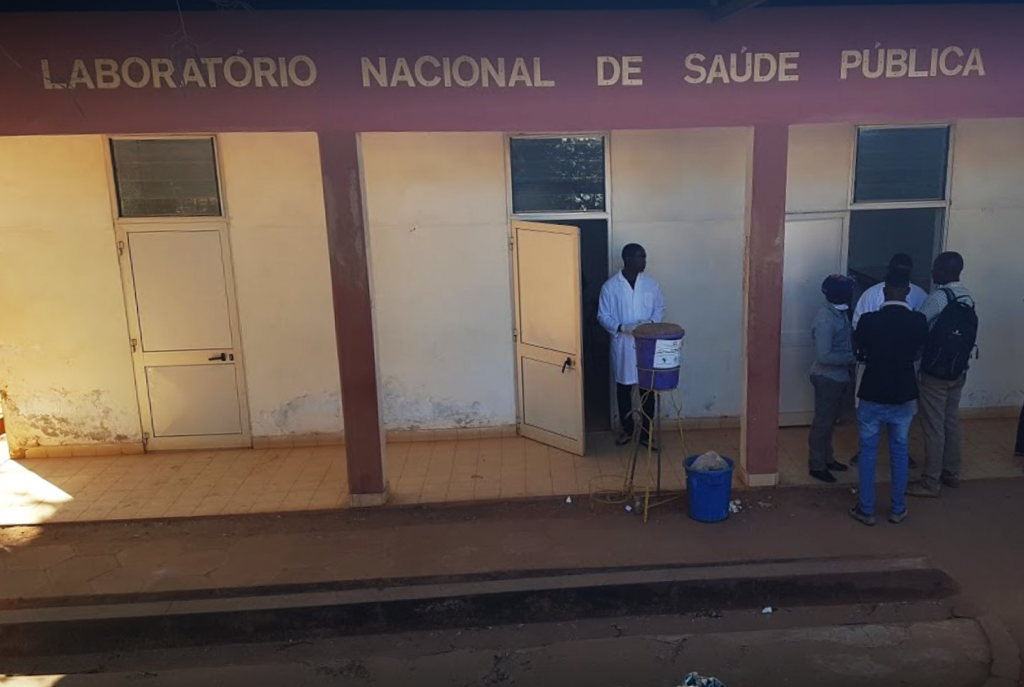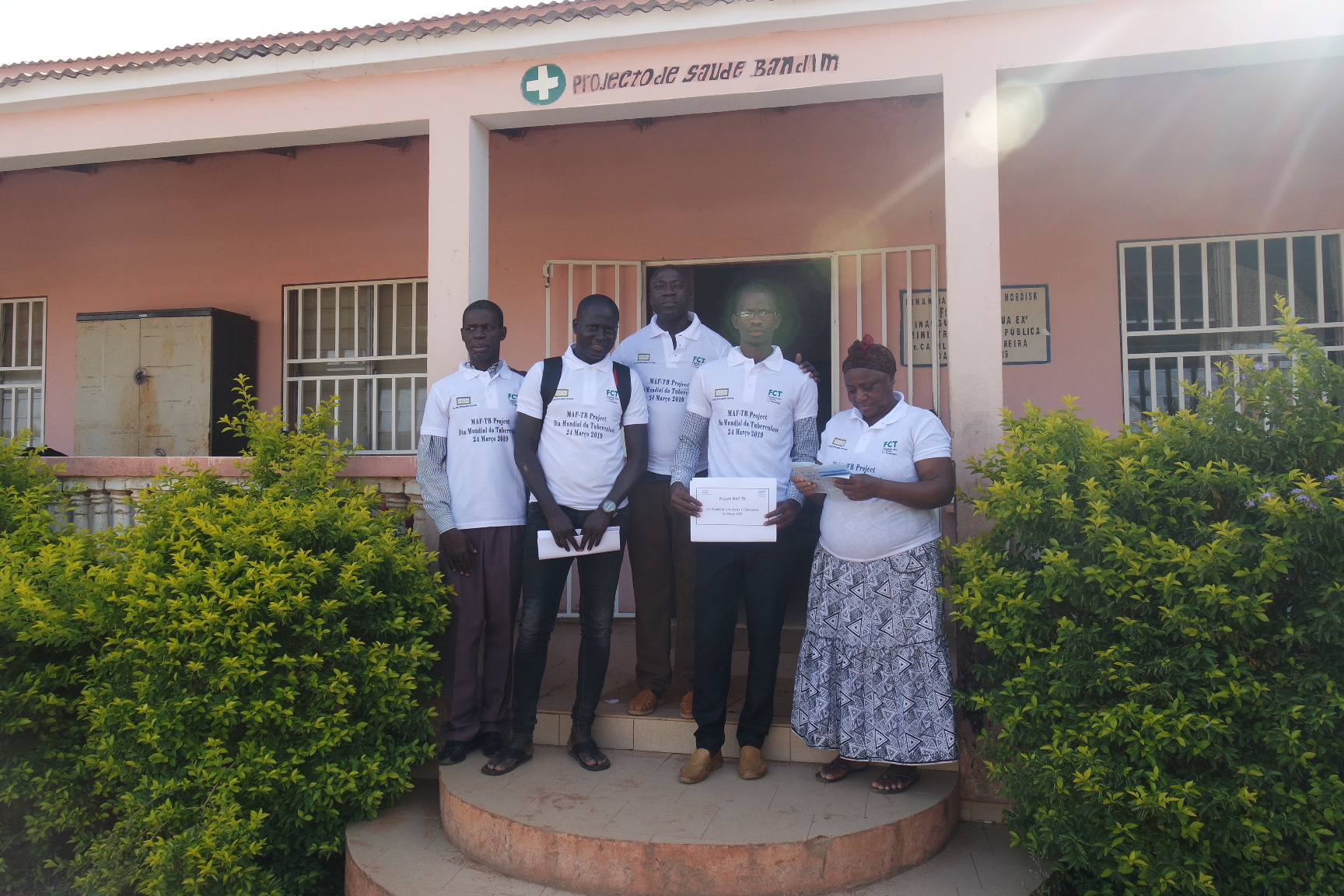Institutions

i3S - Instituto de Investigação e Inovação em Saúde, Porto Portugal
The i3S consortium, headed by the UPorto, brings together four institutions and researchers from several schools of the UPorto, thus consolidating an extensive collaboration between all institutions that spans many years.
The long-term collaboration between IBMC, INEB and IPATIMUP, from which stems i3S, encompasses joint projects, co-supervision of PhD students, sharing of large equipment and employment of research staff under coordinated policies. Six schools of the UPorto (FMUP, ICBAS, FMDUP, FCUP, FEUP and FFUP) and three hospitals (CH S João, CH Porto and IPO) also contribute to the activities of i3S. This wide participation of schools, research institutions and hospitals in a research institute is unique in Portugal and is a valuable asset for science and technology development, while creating an environment that feeds real breakthrough research and translation of discoveries into the clinic. The new building – completed in 2015 – is also a key element in the creation of this vibrant environment. This intricate network that is i3S focuses on three Integrative Programs: Cancer, Host Interaction and Response, and Neurobiology and Neurologic Disorders.
Laboratório Nacional de Saúde Pública, Bissau, Guiné Bissau
The National Public Health Laboratory (LNSP) is the government national reference laboratory under the Department of Health Services (DGS) and Ministry of Public Health. The LNSP is the largest diagnostic pathology service in Guinea-Bissau, with the responsibility of supporting the national and provincial health departments in the delivery of healthcare. The LNSP provides laboratory and related public health services to over 80% of the population through a national network of laboratories.


Bandim Health Project, Bissau, Guiné Bissau
The Bandim Health Project (BHP) is a health and demographic surveillance system site situated in Guinea-Bissau. BHP is formally placed under the National Institute of Public Health in Guinea-Bissau (INASA). BHP is a member of the Indepth Network, a global network of health and demographic surveillance system field sites in Africa, Asia and Oceania
The BHP follows a population of more than 200,000 individuals in urban and rural Guinea-Bissau. This provides a unique platform for conducting health research. One of the major research areas is to study the real life effects of vaccines, vitamin A and other health interventions. Based on BHP’s research, in 2012, the Danish National Research Foundation funded the establishment of a Center of Excellence, Research Center for Vitamins and Vaccines (CVIVA) at Statens Serum Institut in Denmark.
Since the BHP began working in Bissau in 1978, studies have been carried out in measles epidemiology routine vaccinations, HIV-2, diarrhoea (aetiology and prevention), tuberculosis, maternal mortality, nutrition, breast-feeding, vitamin A supplementation, respiratory diseases, twin studies, malaria, immunological determinants, and mortality.
Aarhus University, Aarhus, Denmark
Aarhus University (AU) is a top ten university among universities founded within the past 100 years. It has a long tradition of partnerships with some of the world’s best research institutions and university networks.AU has a strong commitment to the development of society that is realized through its collaboration with government agencies and institutions and the business community.
The university’s goal is to contribute towards solving the complex global challenges facing the world. The university therefore strives to combine the high level of academic standards of its researchers with collaboration across disciplinary boundaries to combine research in new ways and solve challenges in close contact with the world around us.
